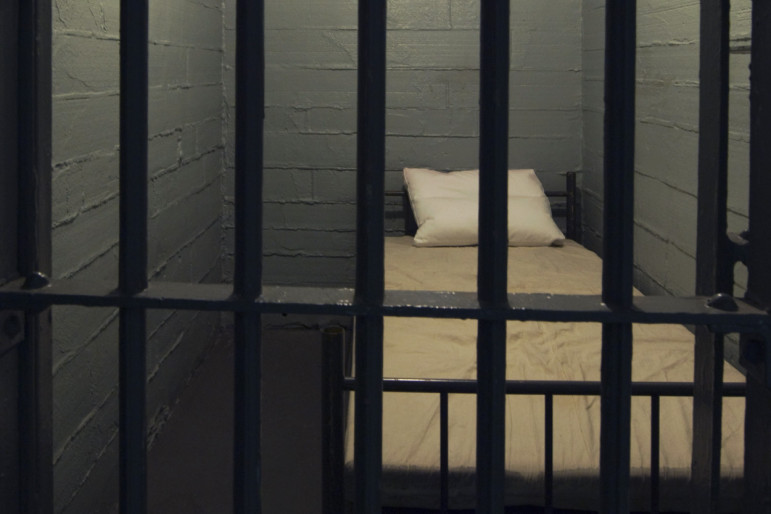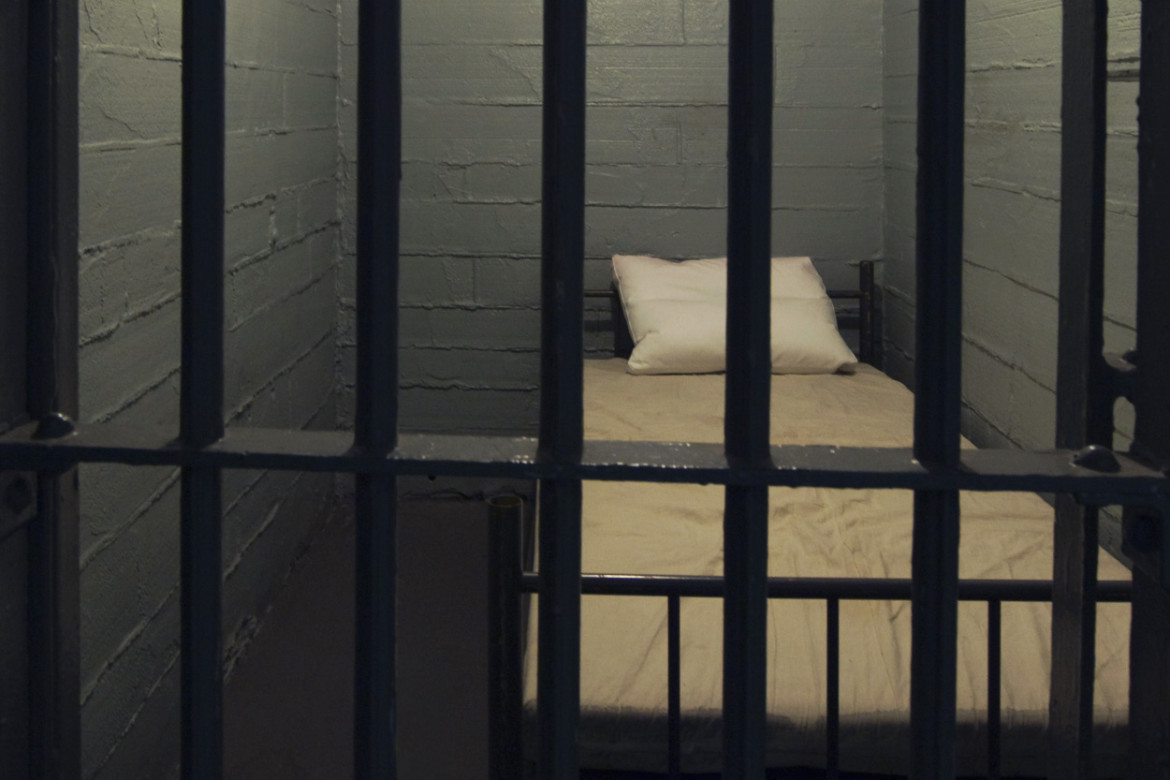
WASHINGTON — Six petitions have been filed with the U.S. Supreme Court asking it to consider whether its landmark 2012 Miller v. Alabama ruling declaring mandatory sentences of juvenile life without parole unconstitutional should apply to cases decided before the ruling.
Three of the pending petitions — two arguing Miller should apply retroactively, one arguing it should not — are scheduled to be considered at a Supreme Court conference March 20.
In Miller, the high court determined sentences of mandatory life without parole for those convicted of murder as children violated the Eighth Amendment’s prohibition against “cruel and unusual punishment.”
But the court did not decide definitively in that case whether to apply Miller retroactively.
Courts in nine states — Illinois, Iowa, Massachusetts, Mississippi, Nebraska, New Hampshire, South Carolina, Texas and Wyoming — have ruled Miller applies retroactively. Courts in four states — Louisiana, Michigan, Minnesota and Pennsylvania — have decided Miller does not apply retroactively.
But in what some advocates for retroactivity view as a hopeful sign, the Supreme Court had agreed in December to consider the issue in a ruling from the Louisiana Supreme Court, Toca v. Louisiana.
In that case, George Toca challenged the mandatory life-without-parole sentence he received for accidentally shooting his best friend when he was 17 in a botched armed robbery in 1984.
Toca was freed in January after nearly 30 years in prison as a result of a deal with prosecutors, thus making his petition to the U.S. Supreme Court moot.
But Emily Keller, a staff attorney at the nonprofit Juvenile Law Center in Philadelphia, said she is heartened that the court had agreed to weigh retroactivity in Toca after having refused to do so with other petitions.
“We’re very hopeful that the Supreme Court will take one of these cases, and when they took Toca, that suggested that they were interested in resolving this [retroactivity] issue,” Keller said.
She also noted the court has not declined to review other recent retroactivity petitions, instead rescheduling them for other conference dates.
“The fact that they have not been denying the petitions, that they’ve been holding them off to another date makes us hopeful that they’ll take at least one of them to consider this question,” Keller said.
Of the six petitions pending before the Supreme Court, only one, from New Hampshire, argues that Miller should not apply retroactively.
In that petition, in the case of New Hampshire v. Soto et al, the state Attorney General’s Office, citing precedent, asserted that the Miller decision was a “procedural” and not “substantive” ruling of law and therefore should not apply retroactively.
Elizabeth C. Woodcock, the New Hampshire assistant attorney general who filed the petition with the Supreme Court, declined to comment beyond noting a March 5 federal circuit appeals court ruling finding that Miller should not apply retroactively.
In that case, the 4th Circuit U.S. Court of Appeals, based in Richmond, Va., said Miller is not applicable retroactively because it is not a substantive rule of law and does not meet another test, that it be a “watershed rule of criminal procedure.”
The retroactivity issue is still pending in other state and federal courts.
Notably, Bryan Stevenson, who argued Miller and the companion case Jackson v. Arkansas in the Supreme Court, is the lead attorney on two of the retroactivity petitions before the Supreme Court — Rodney Tolliver v. Louisiana and Cortez Roland Davis v. Michigan.
Stevenson, who operates the nonprofit law firm called the Equal Justice Initiative in Montgomery, Ala., could not be reached for comment Friday.
Tolliver was found guilty of murdering a woman when he was 16 in her Lafayette, La., home in 1985. He was initially charged with first-degree murder, but the charge was later amended to second-degree murder.
In a petition filed in September, Tolliver, who is now being held in the Louisiana State Penitentiary in Angola, La., argued that Miller “is substantive and consequently should apply retroactively.”
He quoted the 5-4 Miller decision: “Children are constitutionally different from adults for purposes of sentencing. … A judge or jury must have the opportunity to consider mitigating circumstances before imposing the harshest possible penalty for juveniles.”
In the Michigan case, Davis was 16 when he participated in an armed robbery in which the victim was killed, but he was not the shooter.
The Michigan Supreme Court ruled 4-3 in July that Miller does not apply retroactively.
On the day the ruling was handed down, Michigan Attorney General Bill Schuette said in a statement: "Today the Michigan Supreme Court upheld the rights of crime victims and their families. This ruling should bring a measure of peace to the many families who struggled with the possibility of painful re-sentencing hearings for cases successfully prosecuted decades ago."
However, Heather Renwick, litigation counsel for the Washington-based nonprofit Campaign for the Fair Sentencing of Youth (CFSY), pointed to Miller’s findings that courts should take into account in sentencing juvenile impetuosity, immaturity, life circumstances and capacity for rehabilitation.
“Mandatory life-without-parole sentences for juveniles are inconsistent with what we know of children’s capacity for change,” Renwick said. “We believe a mandatory sentencing scheme that results in imprisoning children for life is absolutely antithetical to the uniqueness of childhood and children.”
She also noted that whether a sentence of juvenile life without parole is retroactive now can depend simply on the state where a juvenile offender was sentenced.
“It’s totally dependent on the state where you are sentenced whether you are afforded a chance at a new sentence or not,” Renwick said. “And so we think it’s very important that the Supreme Court establish a rule where everybody in the United States who is sentenced to life imprisonment as a youth is afforded a second chance.”

Pingback: Viewpoints